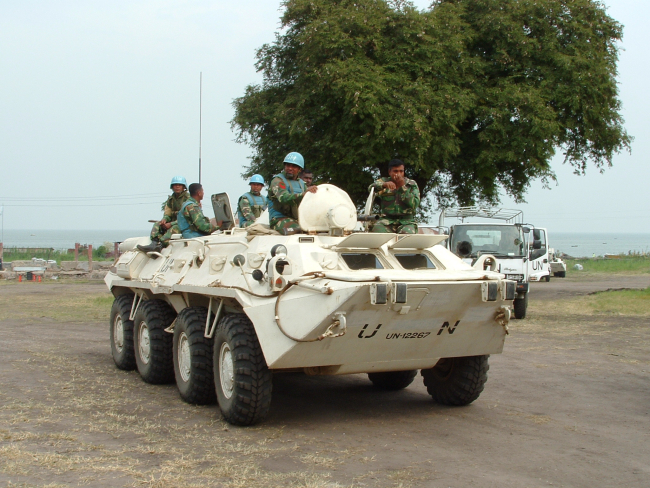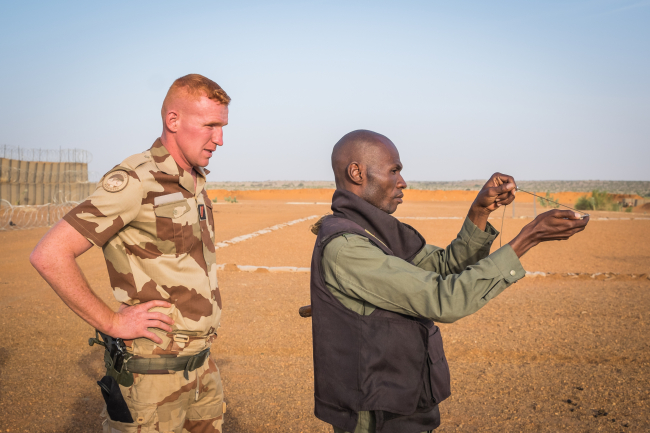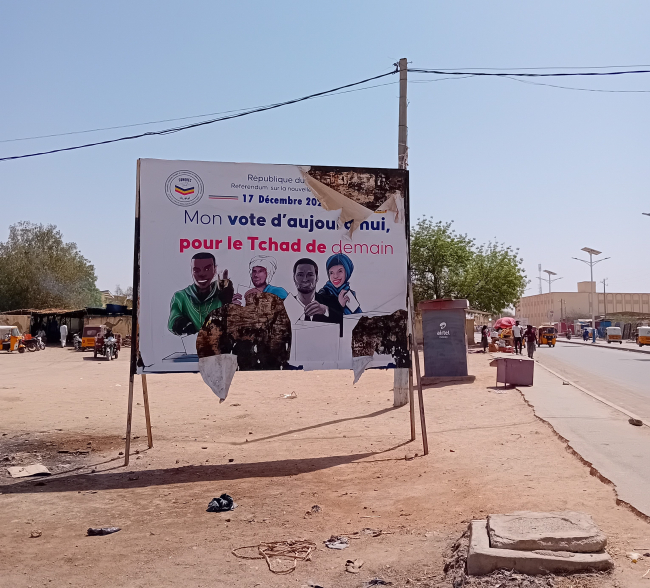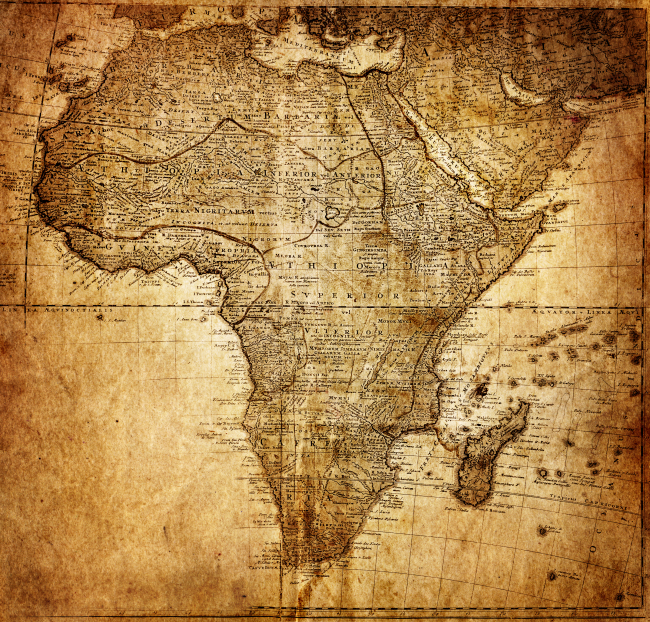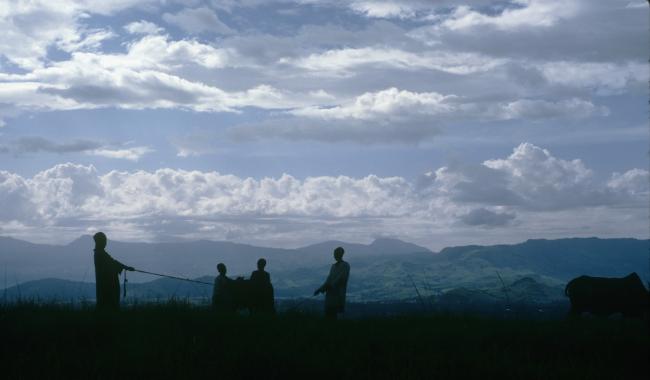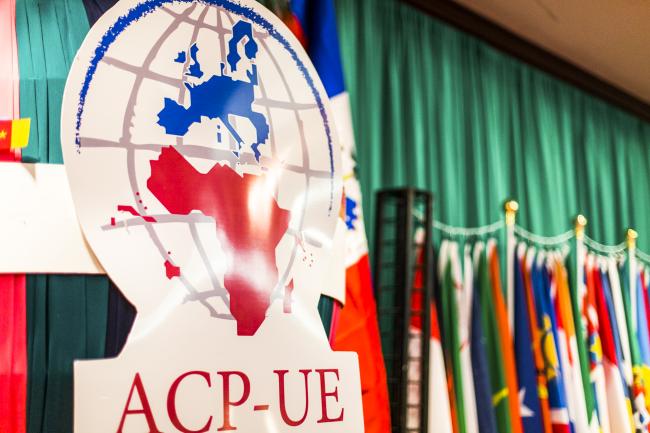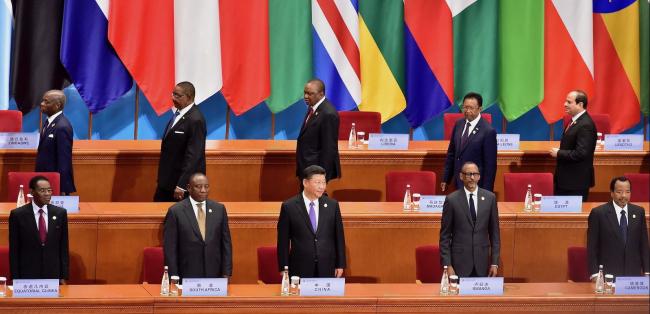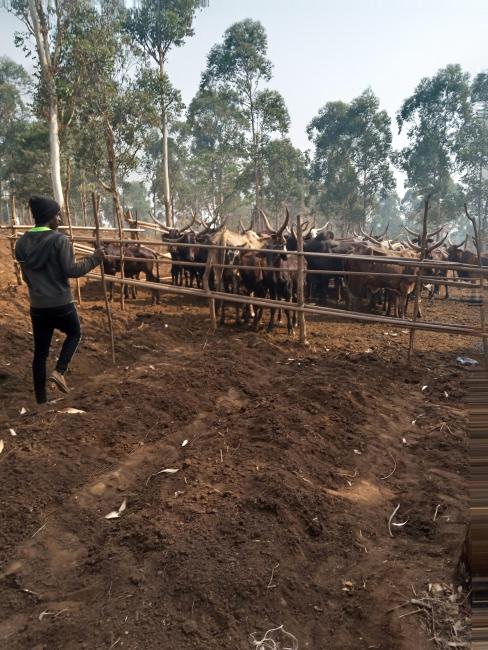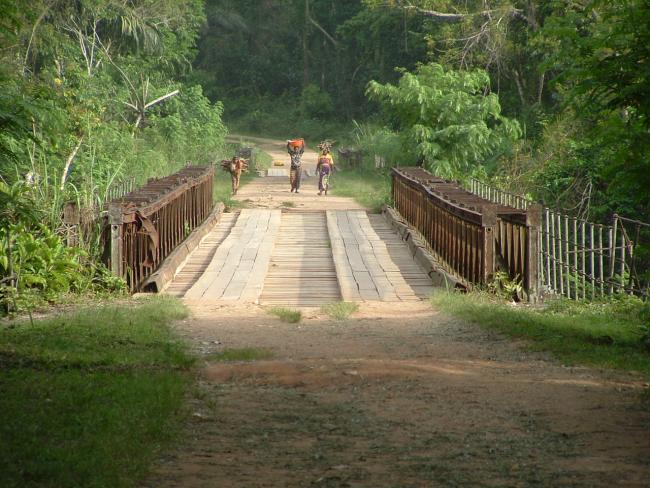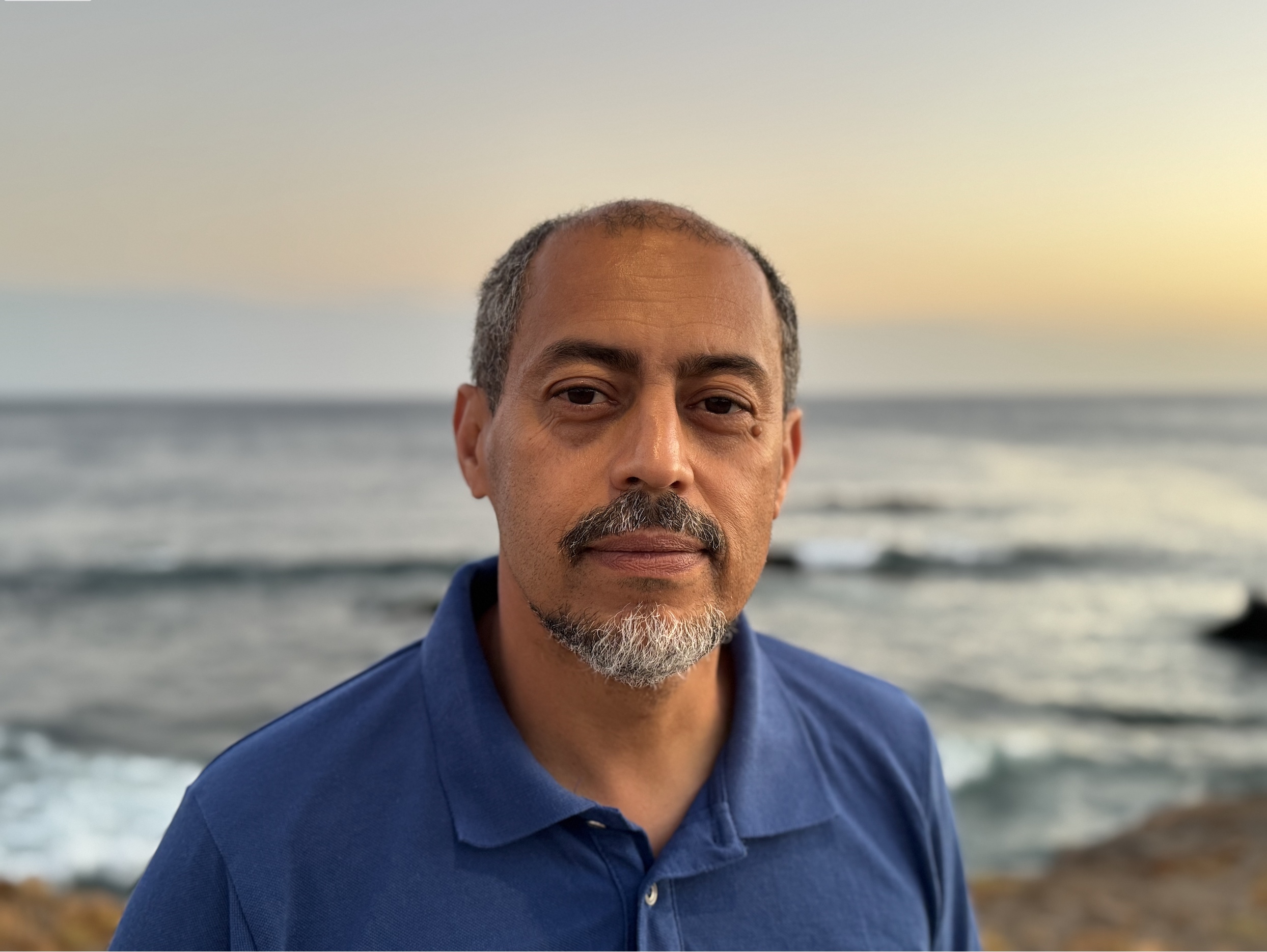
Prénom de l'expert
Thierry
Nom de l'expert
VIRCOULON
Associate Research Fellow, Coordinator of the Observatory of Central and Southern Africa, Sub-Saharan Africa Center, Ifri
Research Areas:
- Risk and conflict analysis
- Security sector reform
- Governance of natural resources
- Central Africa, Southern Africa, Great Lakes region
- Relations between China and Africa
Thierry Vircoulon is a graduate from the French Public Management Institute (ENA) and the Institute for Political Studies in Paris. He holds a masters degree in Political Science from Sorbonne University. He has previously worked for the French Foreign Ministry and the European Commission, notably in South Africa and the Democratic Republic of Congo. Most of his work is focusing on governance and SSR. He is also part of the OECD group of experts on statebuilding and peacebuilding.
See more








